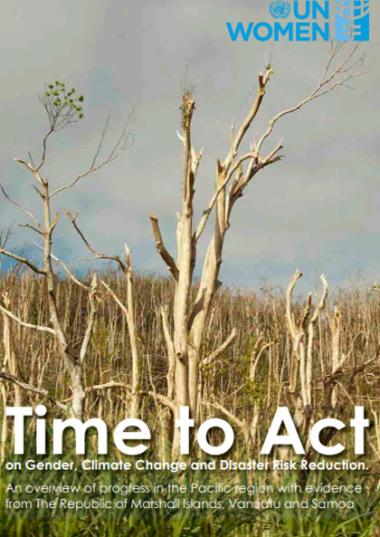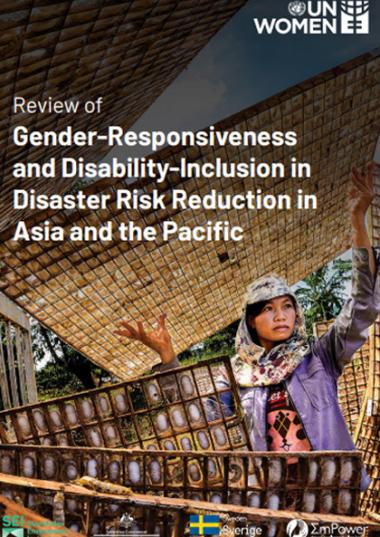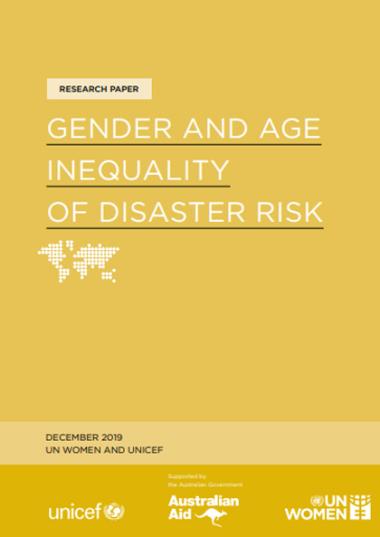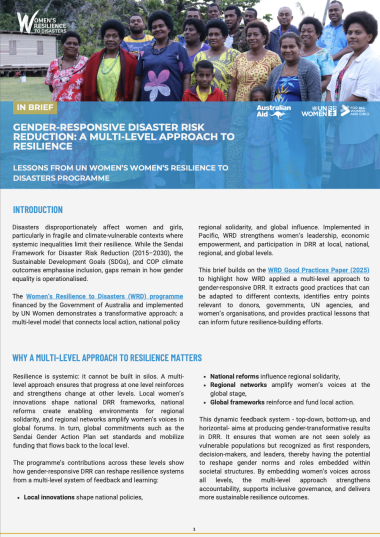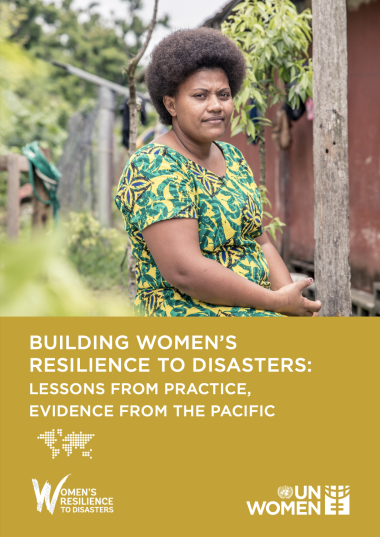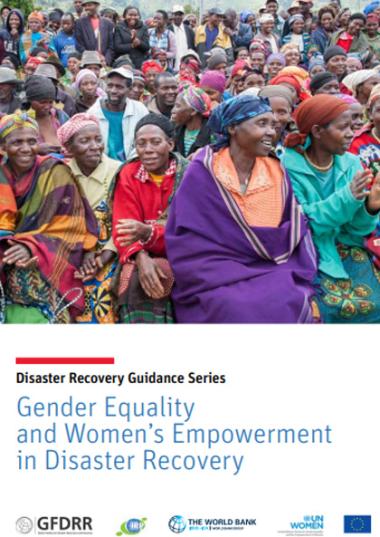
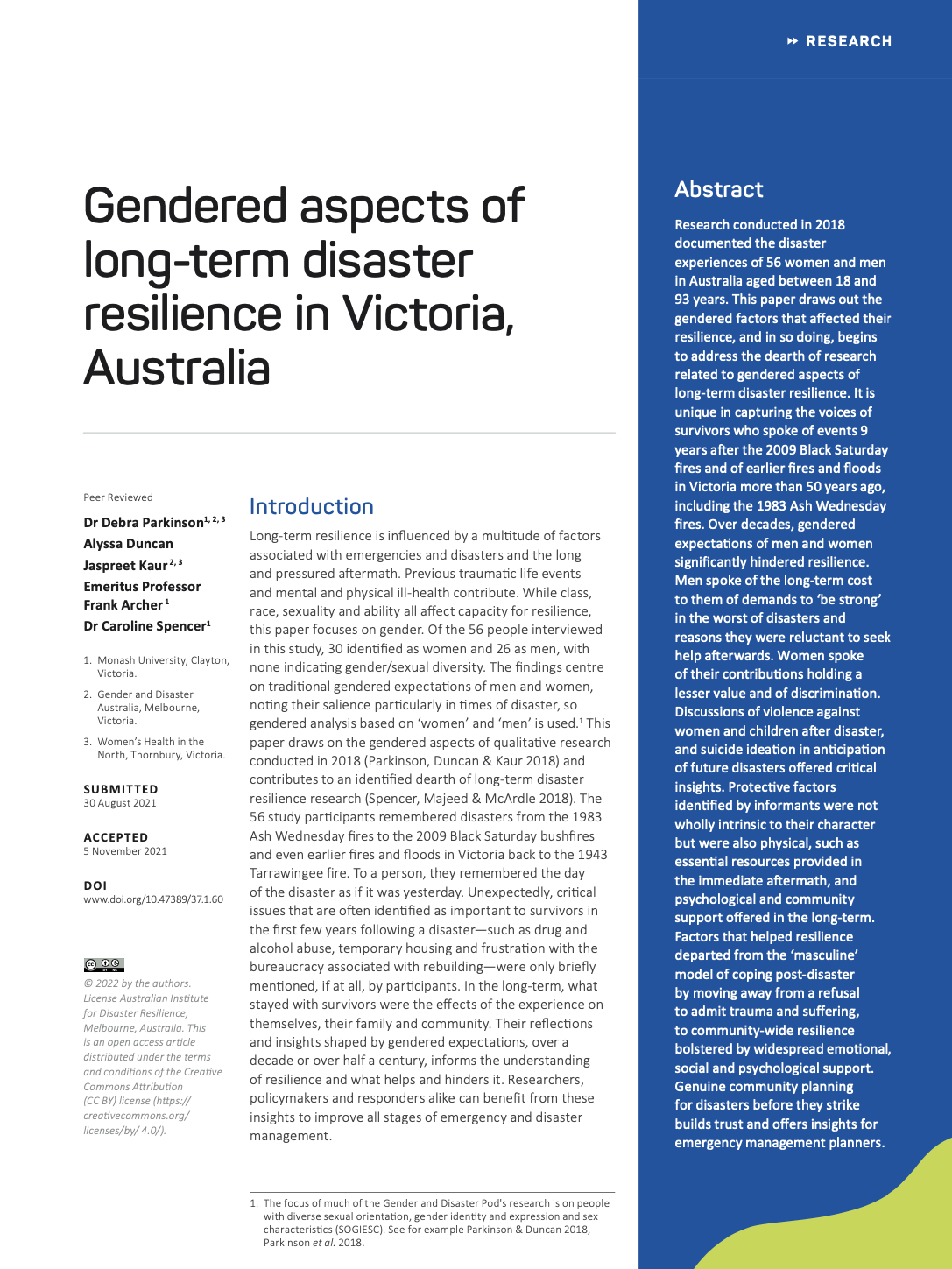
This research conducted in 2018 documents the disaster experiences of 56 women and men in Australia aged between 18 and 93 years. This paper draws out the gendered factors that affected their resilience, and in so doing, begins to address the dearth of research related to gendered aspects of long-term disaster resilience. It is unique in capturing the voices of survivors who spoke of events 9 years after the 2009 Black Saturday fires and of earlier fires and floods in Victoria more than 50 years ago, including the 1983 Ash Wednesday fires.
The paper outlines how, over decades, gendered expectations of men and women significantly hindered resilience. Men spoke of the long-term cost to them of demands to ‘be strong’ in the worst of disasters and reasons they were reluctant to seek help afterwards. Women spoke of their contributions holding a lesser value and of discrimination. Discussions of violence against women and children after disaster, and suicide ideation in anticipation of future disasters offered critical insights. Protective factors identified by informants were not wholly intrinsic to their character but were also physical, such as essential resources provided in the immediate aftermath, and psychological and community support offered in the long-term. Factors that helped resilience departed from the ‘masculine’ model of coping post-disaster by moving away from a refusal to admit trauma and suffering, to community-wide resilience bolstered by widespread emotional, social and psychological support. Genuine community planning for disasters before they strike builds trust and offers insights for emergency management planners.
